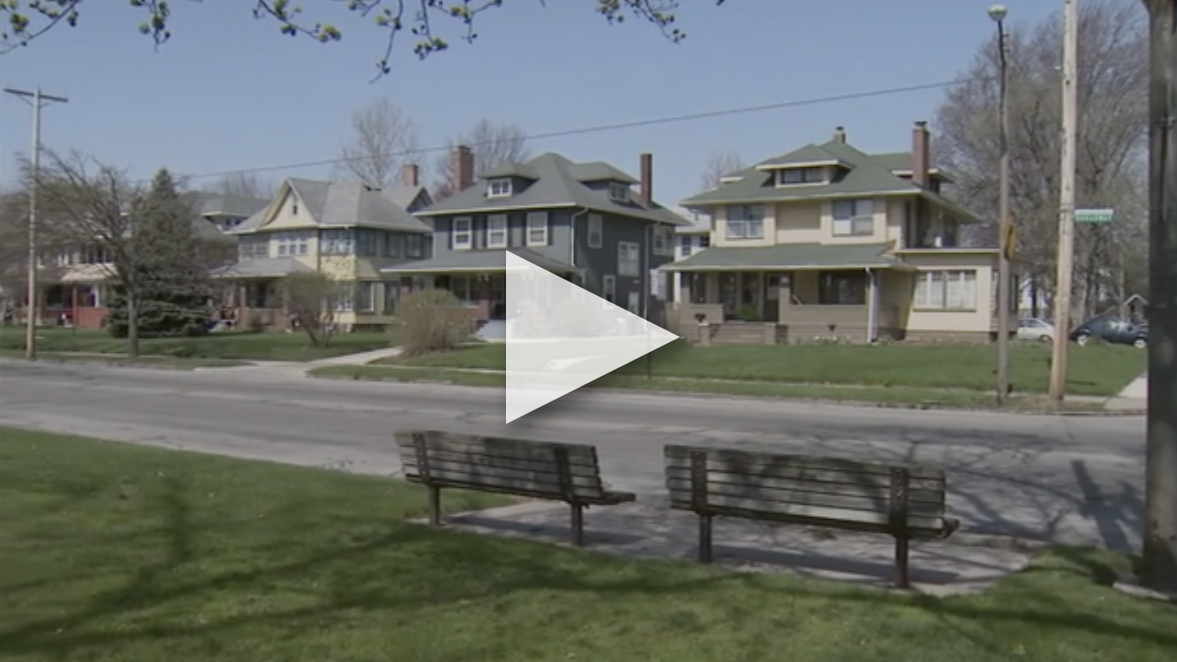Since its founding, the Center has operated as one of the most progressive and effective proponents of fair housing, leading national efforts and setting precedents that have markedly improved the quality of life for millions of Americans.
Founded on the principles of community, tolerance, and justice, The Fair Housing Center was established in 1975 to assist victims of housing discrimination. The Women of the Old West End, The League of Women Voters, and several other concerned citizens and community groups organized to fight blockbusting and other discriminatory practices that were destroying Toledo’s neighborhoods.
Throughout its history, the Center has been a leader in fair housing enforcement. In addition, its staff has conducted workshops for fair housing organizations, government agencies, and housing industry professionals. In addition, the Center’s staff is regularly called upon by the US Congress to submit testimony regarding discriminatory housing practices.


